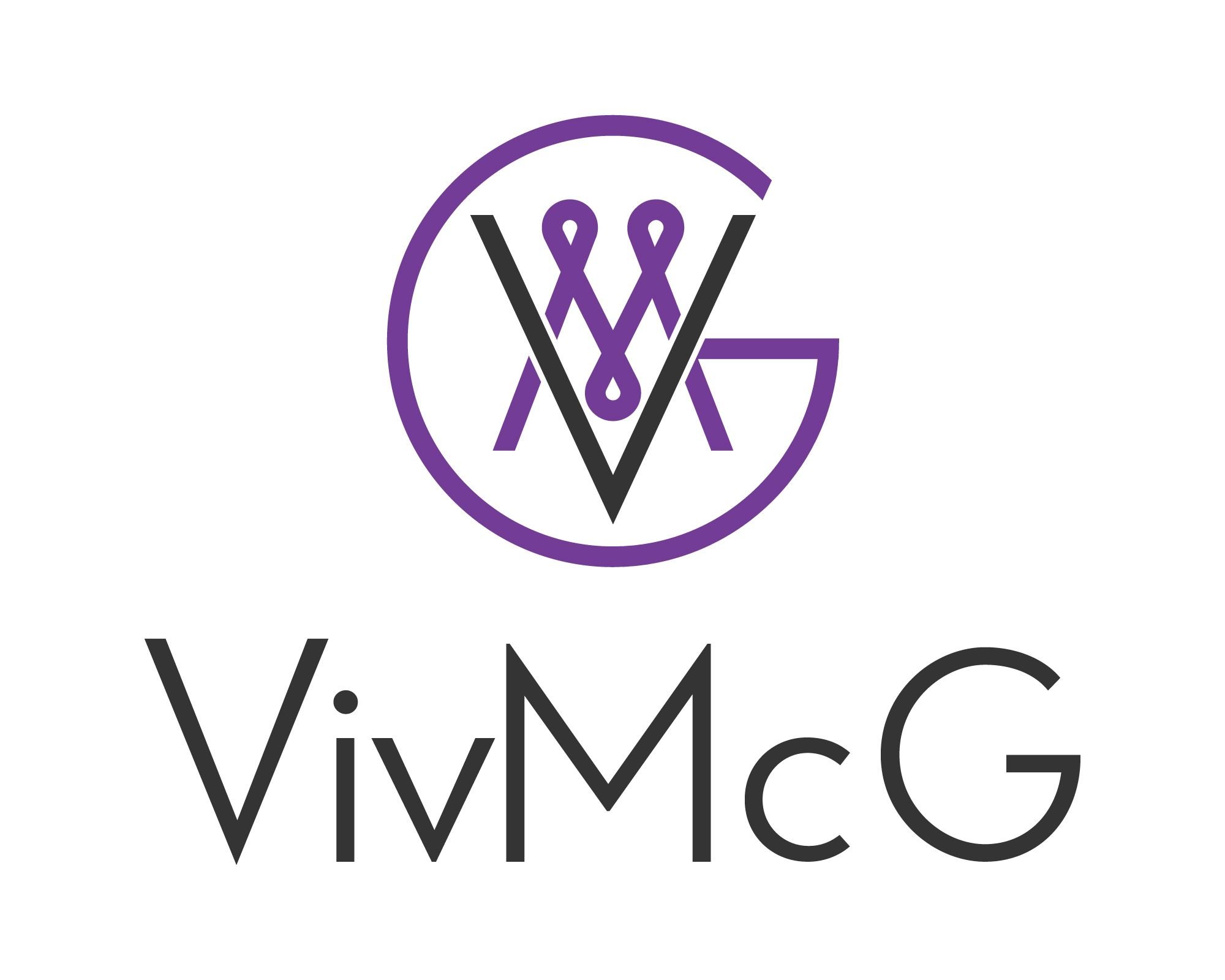The Natural Facelift (A Study in Marketing)
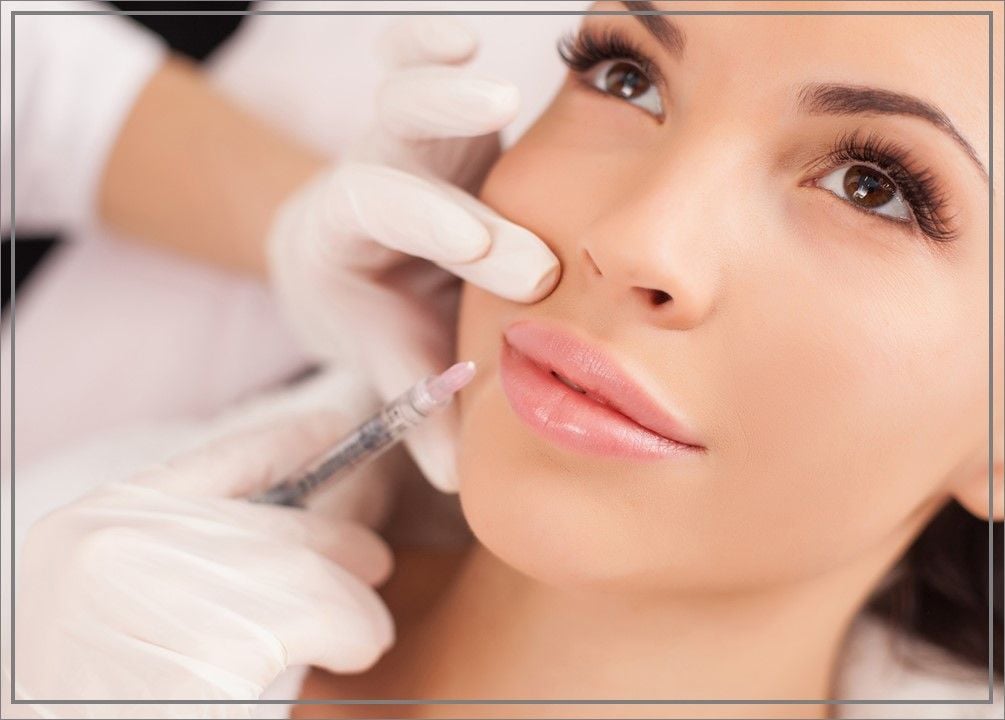
What if I told you: "I've created a product that would give you a facelift without botox, without
fillers, without surgery or any other invasive procedure".
What if I told you: "I’ve surveyed this product on a number of women and 90% of them were elated
– with a percentage of them saying they saw an improvement".
And what if I told
you: "The secret ingredient in the product comes from the leaf of a tree
native to the high Himalayan region of Nepal and that the Sherpas chew on this
leaf every single day".
What if I told you: "This
product is soon to be the hottest reverse-aging product on the shelves and will
shortly be featured in beauty magazines".
What would you
think? Be honest…
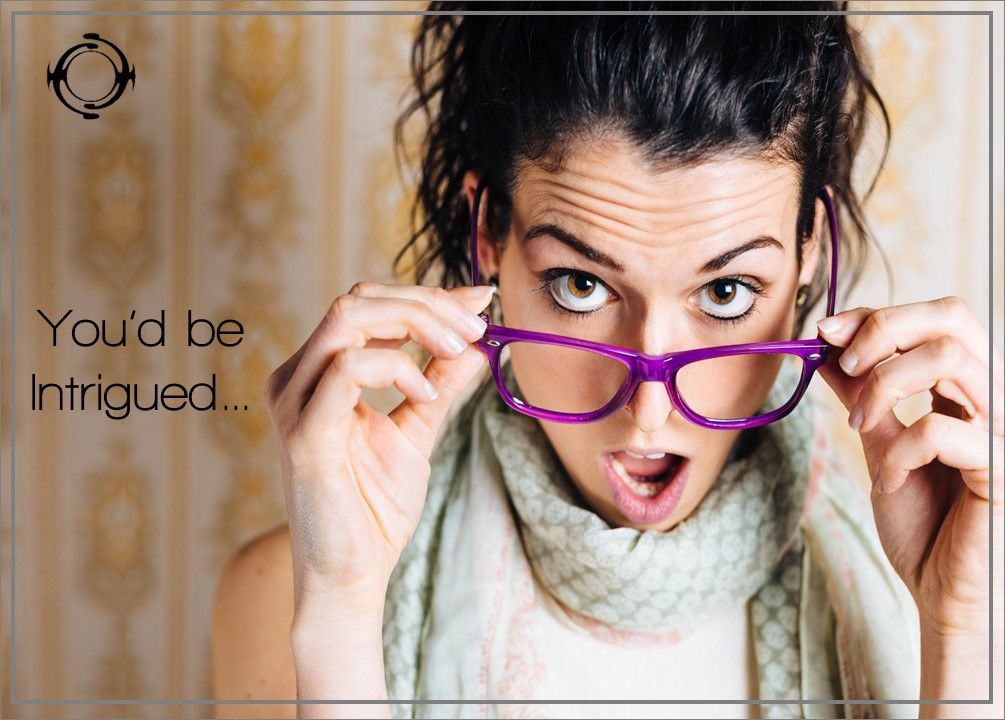
You’d be intrigued,
right?
Firstly. You know
me, you (hopefully) like me and trust me because you use the products I create,
or because you’ve been following me on Facebook for a while, or have read some
of the articles on my website, or because you have a friend who loves my
products.
Secondly. 90% of
women surveyed love the product and say they saw an improvement.
Thirdly. The secret
ingredient in the product comes from a natural source and it is perfectly credible
that this ingredient has only now been discovered by the Western world.
And finally. The
product is about to be featured in beauty magazines.
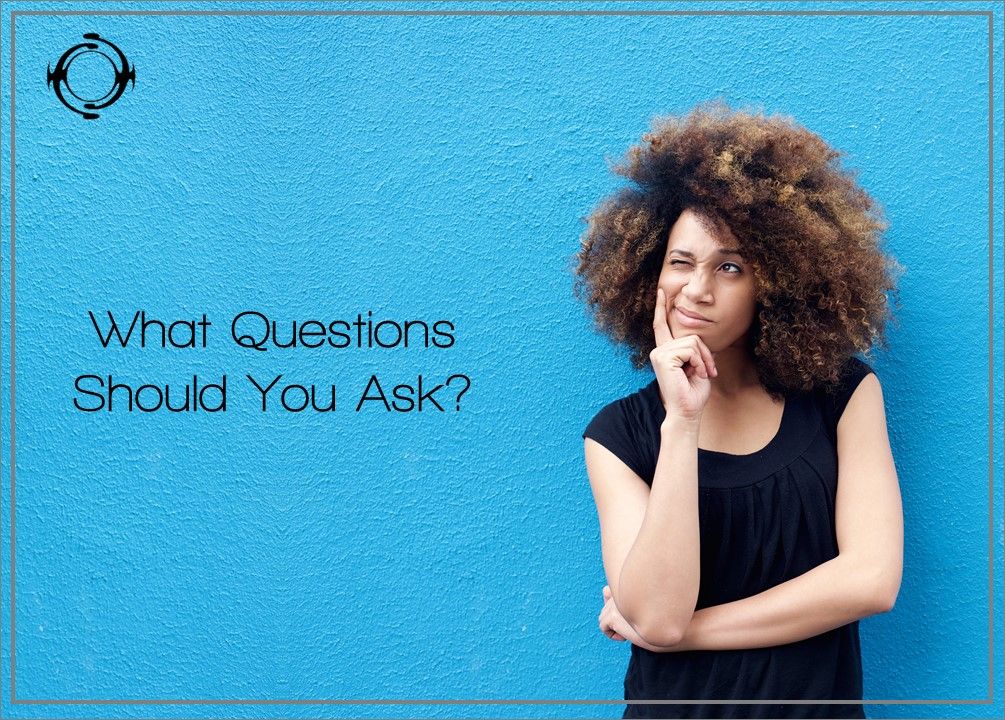
Well… it’s time to
come clean. The only non-surgical, non-invasive facelift I’ve created recently
was a facelift to my website.
I do apologise. I dangled a carrot in front of you, teased you, even maybe got
you believing that, somehow, I’d stumbled upon the answer to many women's
prayers.
But why would I be
so cruel and deceitful?
The reason is that I
want to give you an example of the type of claims and statements that we see
and read every single day, multiple times. The type of claims that are made by
the media, bloggers and vloggers, and the beauty industry, in general.
I want to use this
example to show you how to read between the lines when you read such a claim or
what questions to ask someone should they make a claim to you.
So let’s get
started. Let’s highlight the holes in my statements above.
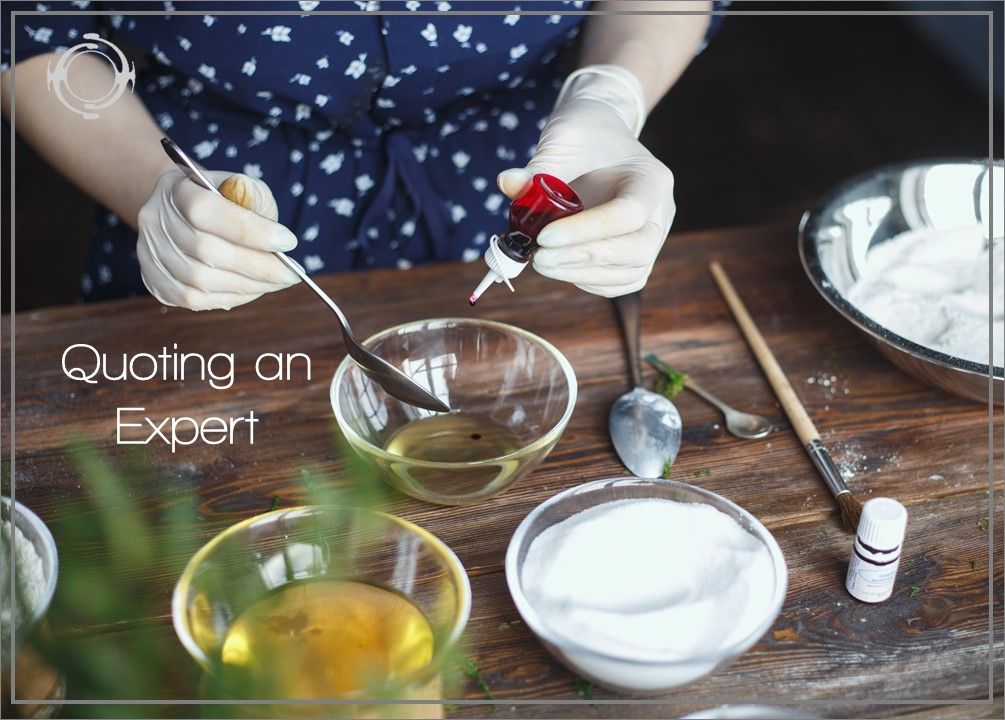
Statement 1: What
if I told you: "I've created a product that would give you a facelift without
botox, without fillers, without surgery or any other invasive procedure”.
With this statement
I’m playing on the fact that you know me as a creator and designer of luxury
skincare products. You probably see me as an expert in my field – someone who
knows what they’re talking about, someone who understands skincare ingredients.
So you would assume I know what I’m talking about.
If you look at all
the skincare statements and claims made around you, who’s making them? A doctor
with a PhD, perhaps. But what’s their PhD in? If it’s in psychology it doesn’t
make him less of a learned doctor but it doesn’t exactly qualify him to be
making such radical skincare claims. But you’ll never know. In many claims the
PhD is designed to give the claim more credibility because it has been made by
a professional of high standing.
And what about a
beauty blogger or vlogger, especially one with a large following? Beauty
bloggers and vloggers spend their days testing numerous skincare products so
surely they must know what they’re talking about. And if they have a large
following, well that gives them added credence. But how much do beauty bloggers
and vloggers know about EU Law and regulations surrounding skincare products?
How versed are they in what can and cannot be put in a product or indeed how
much of any ingredient is safe? To be honest, not a lot. It’s not up to them to
know these things, they are expected to give their honest opinion, not judge if
something is safe or legal.
What should you do?
Always look for more
evidence.
Who else made
similar/same claims. How many relevant skincare experts, e.g. skincare
manufacturers or dermatologists or skincare researches, supported this claim?
Is there scientific
research available to support that this product can naturally give you a
facelift that smooths out wrinkles etc just as well as botox or the like?
Where can you find out how/where this product has been
tested?
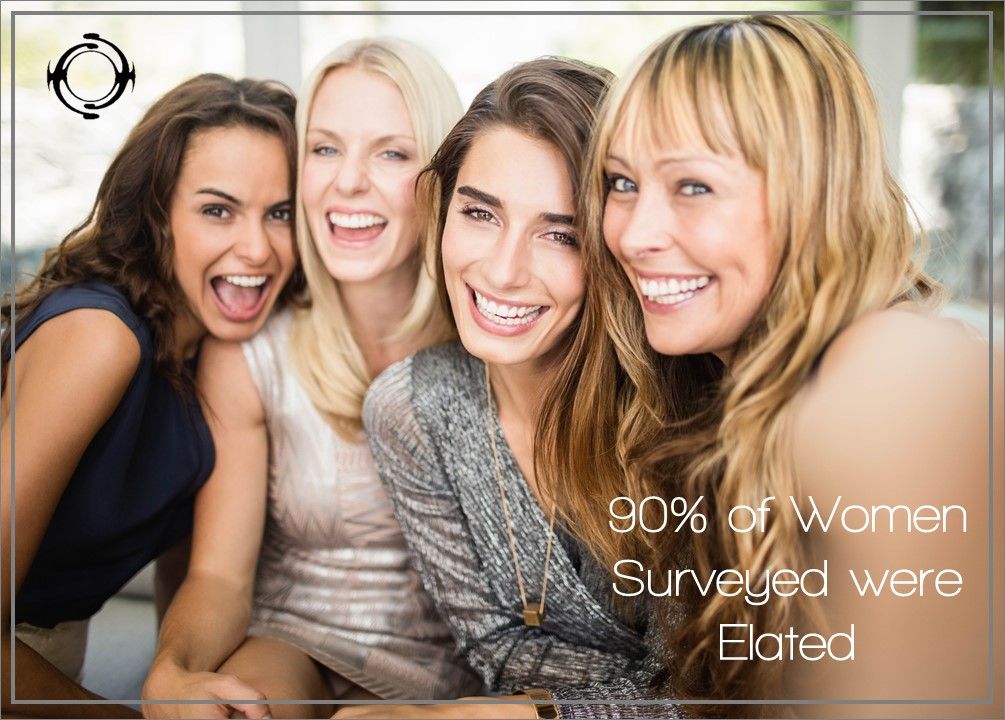
Statement 2: What
if I told you: "I’ve surveyed this product on a number of women and 90% of
them were elated – with a percentage of them saying they saw an improvement”.
With this statement
I’m giving credibility to my product. Women have been testing the product and
they have been surveyed. And a very high percentage of them (90%) were elated.
What questions
should you ask here?
I would start by
asking many women were in the survey and tested the product?
I could have given
the product to 10 of my closest friends and family members, or even hand-picked
some loyal customers; people who know me, like me and trust me.
Not only is this too
small a number to use for testing a product and running a survey, but those
taking part were hand-picked by me so they would, most likely, give a biased
opinion because, like I said, they know me, like me, and trust me.
By stating that 90%
of the women who tested the product were elated, it gives you the impression
that the survey conducted considered a large part of the female population.
Compare the
statement “90% of the women surveyed were elated” with “9 out of the 10 women
surveyed were elated”. Which statement gives you more confidence in the survey
and, as a result, in the product? It would be the first one, of course.
And what were these
women elated about? That I’d created a new luxury product? That they’d been
invited to be part of the survey? The statement is very vague here – there’s no
way of knowing why these ladies were elated.
Now what about that
improvement a number of the 90% surveyed women saw?
The statement
doesn’t say what improvement these women noticed. It could have been that they
felt their skin was more hydrated after using the product or smoother.
Hydration and smooth skin are nice to have and a lovely result of using a
product but the product we are talking about here is about creating a natural
facelift and feeling hydrated and having smooth skin after application is not
exactly the top two criteria of such a product.
Again – you want to
see specifics.
And how much of an
improvement did these women see, assuming it was a relevant facelift-associated
improvement? Well that simply isn’t stated. Did all their wrinkles miraculously
disappear? Or did they think they saw a small reduction in wrinkles round one
area of their face, such as their eyes?
Again no specifics
are mentioned. The statement is purposely left vague so we can make our own conclusions
and by inviting us to do so we create a positive belief for ourselves.
Also, how many of
the 90% women surveyed noticed an improvement. It’s not mentioned. Was it all
90% (or all 9 of the 10 surveyed) or was it just 2?

Statement 3: And
what if I told you: "The secret ingredient in the product comes from the leaf
of a tree native to the high Himalayan region of Nepal and that the Sherpas
chew on this leaf every single day”.
Surely this
statement is perfectly fine. There are a lot of remote areas in the world where
indigenous people live who have been using an ingredient on their skin or hair,
or eating it, for decades, if not centuries, before the Western world discovers
it.
For example, Argan
Oil, produced from the kernels of the argan tree endemic to Morocco, has been
valued by the Berber community for centuries because of their belief in its
nutritive, cosmetic and numerous medicinal properties. They even refer to the
argan tree as the “tree of life”. And yet Argan Oil has only been used in
luxury skincare products in Western world in the last decade or so.
So this statement
could be plausible, right?
Read the statement again.
Let me highlight the
end of the statement: “Sherpas chew on this leaf every single day”. Why do
Sherpas chew on this leaf every single day? The statement doesn’t elaborate and
say they chew on it everyday because it keeps their skin looking young and
reverses the signs of again. This miraculous leaf could have absolutely no
properties linked with the attributes of a facelift. They could be chewing on
this leaf to alleviate the effects of altitude sickness, similar to the cocoa
leaf.
The statement is
just left hanging and because it’s placed with other statements which refer to
a natural facelift, you automatically assume that this leaf much contain
properties attributable to a facelift.
I spotted an
excellent example of this kind of hanging statement in an advertisement
recently for a new anti-aging product developed by a large skincare brand.
Their hanging statement referred to a specific wild animal rubbing against the
raw ingredient which they include in their product. They didn’t state that the
specific wild animal rubbed against this plant so it would reduce the number of
wrinkles it had (that would be ridiculous, right?), they just made the
statement during an ad about an anti-aging product and left it open to
interpretation.
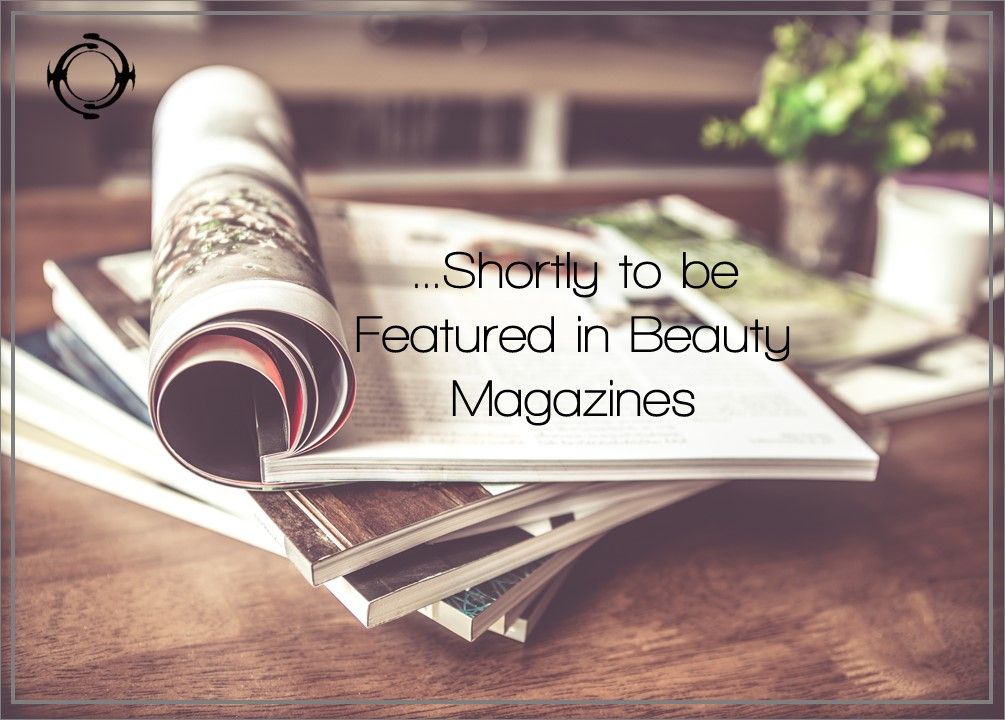
Statement 4: What
if I told you: "This product is soon to be the hottest reverse-aging product on
the shelves and will shortly be featured in beauty magazines”.
No doubt by now
you’re starting to get a feel for these statements and how to pick them apart,
right?
So what would you
highlight in this statement?
Firstly, what is a
reverse-aging product? I’ve never heard that phrase before. Is it a new type of
beauty product? Does it do what it implies i.e. reverse wrinkles and all signs
of aging? And how long does the effect last? And does this claim with
scientific evidence which supports it?
This newly-coined
phrase is recklessly inserted into the statement without any supporting
explanation or scientific backup. Because of the way it is part of the
sentence, being said to “soon to be he hottest reverse-aging product”, it
implies that there are other reverse-aging products out there and that this is
the latest development in skincare.
If “reverse-aging”
is a newly coined phrase, and this is the only supposed reverse-aging product
in the market, then naturally it’s going to be the “hottest” one of its kind.
I think another
important question here to be asked would be what beauty magazines will this
product shortly be featured in? Is it the top beauty magazines like Vogue,
Allure, Elle etc? Or in magazines that you would have never heard of, maybe
they’re magazines that are only sold in one country or an online magazine
created by a blogger for her followers.
And what about the
word “shortly”. It’s kind of vague and very subjective. Some people might think
shortly is in the next month whereas others might think the next season.
And we also need to
question if the product will be actually featured at all because a word as
vague as “shortly” doesn’t give any assurances, unlike “this product is going
to be featured in the February edition of Vogue magazine…”
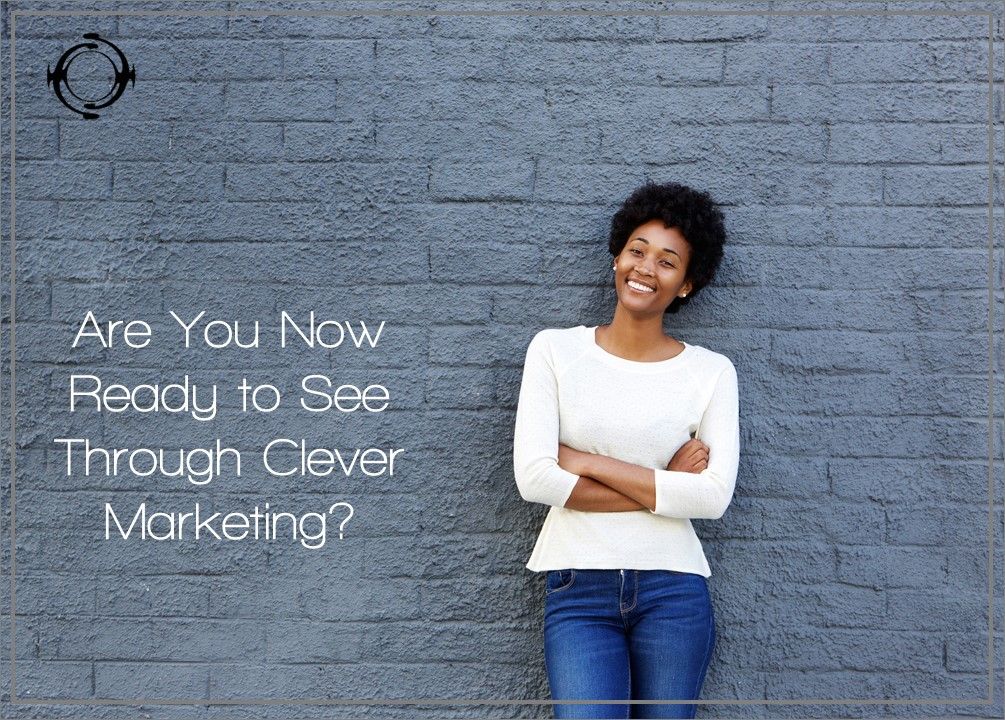
I hope by breaking
up these statements and highlighting their shortcomings you’ll be able to spot
many of the clever marketing techniques used to entice you to buy a skincare
product.
Don’t get me wrong, marketing is important and all companies need to
sell their products.
But there are companies which employ honest marketing and
then there are others who use misleading marketing… I know which companies I’d
prefer to buy from.
